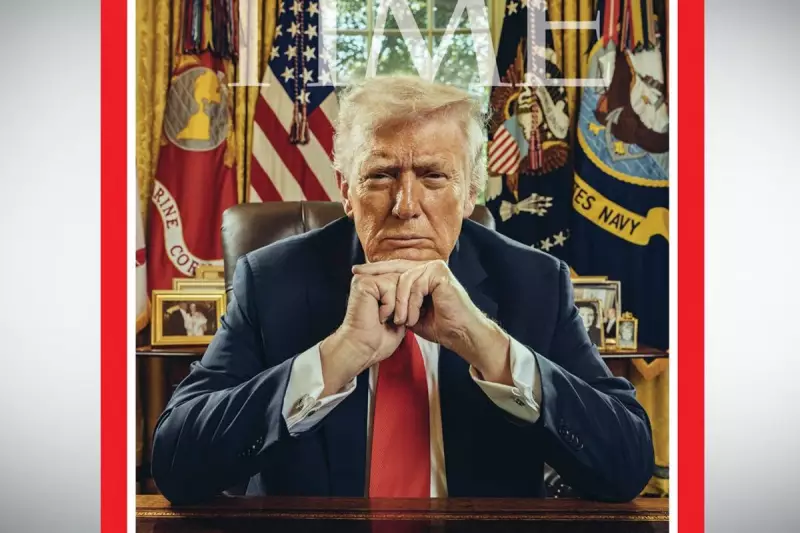
Former US President Donald Trump has ignited fresh controversy with his latest appearance on the cover of TIME magazine, which features a striking comparison to Alfried Krupp, the German industrialist who profited extensively from Nazi forced labour programmes during the Second World War.
Historical Parallels Draw Widespread Criticism
The provocative cover story has drawn immediate condemnation from historians and political commentators alike. The feature explores what a potential second Trump presidency might entail, drawing direct comparisons between Trump's political strategies and Krupp's industrial empire, which relied heavily on concentration camp prisoners and forced labourers.
Alfried Krupp, who inherited the massive Krupp industrial conglomerate, became one of the Third Reich's most crucial arms manufacturers. His factories employed approximately 100,000 forced labourers under brutal conditions, with many workers sourced directly from concentration camps.
Trump's Response and Political Fallout
In characteristic fashion, Trump has embraced the controversial coverage, sharing the TIME magazine feature across his social media platforms despite the damning historical comparisons. The former president described the article as "very nice" while simultaneously criticising what he called "fake news" elements within the publication.
Political analysts suggest the cover story arrives at a critical juncture in Trump's 2024 presidential campaign, as he attempts to regain the White House while facing multiple legal challenges. The historical comparison to Nazi-era industrial practices has added fuel to ongoing debates about the former president's political tactics and governing style.
Historical Context: The Krupp Legacy
The TIME article delves deep into the disturbing history of the Krupp dynasty, highlighting how Alfried Krupp transformed his industrial empire into a cornerstone of Nazi Germany's war machine. Following Germany's defeat, Krupp was convicted of war crimes for his exploitation of forced labour and plundering occupied territories.
Despite receiving a 12-year sentence and having his assets confiscated, Krupp's punishment was short-lived. He was released after serving just three years and had his fortune restored during the Cold War, as Western powers sought to rebuild Germany as a bulwark against Soviet influence.
The timing of this controversial comparison ensures it will remain a focal point in political discourse as the 2024 election campaign intensifies, raising uncomfortable questions about historical parallels in modern politics.





